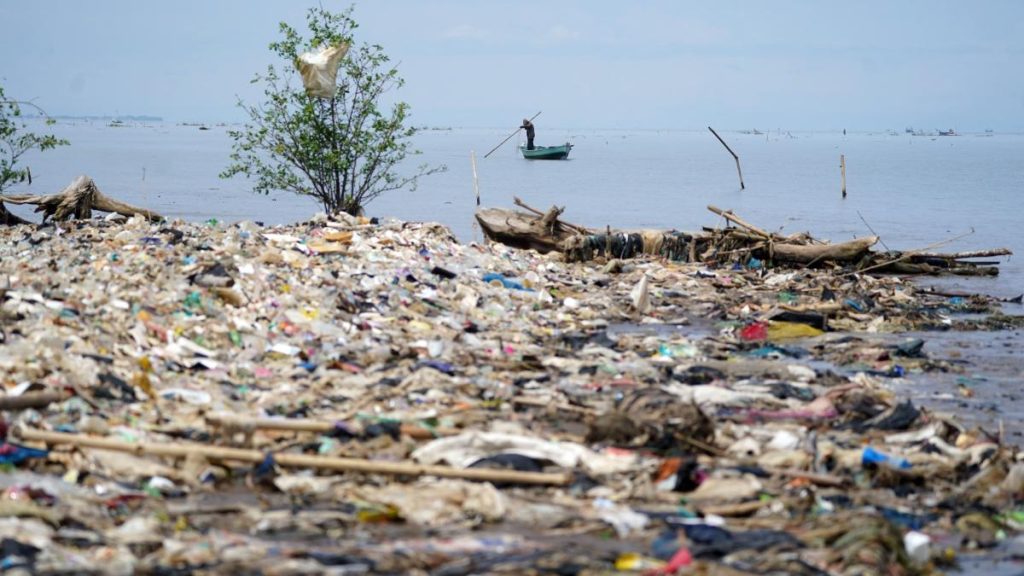UN Environment Chief Inger Andersen defended the latest round of negotiations for a global treaty on plastic pollution, emphasising progress despite the talks collapsing without an agreement.
The Busan, South Korea, negotiations—attended by nearly 200 nations—ended early Monday without bridging divisions over key issues like plastic production limits and chemical bans. The proposed treaty, aimed at curbing plastic waste that pollutes ecosystems worldwide, has been in development since 2022.
A coalition of high-ambition countries advocated for binding limits on plastic production and the phaseout of harmful single-use plastics. However, these proposals faced strong opposition from oil-producing nations, including Saudi Arabia and Russia, which insisted the treaty focus solely on pollution management without addressing production.

The divide stymied progress, leaving the treaty draft riddled with contradictory language and unresolved issues.
Despite the breakdown, Andersen highlighted achievements such as streamlining a 77-page draft into a more concise version and advancing dialogue on critical topics.
Environmentalists, however, warned that extending negotiations—now dubbed INC-5.2—without new strategies risks repeating the Busan deadlock.
No date or location has been set for the next round of talks, though some nations have suggested resuming discussions in 2025. Andersen remains optimistic about finalising the treaty soon, stating, “Sooner is much better than later because we have a massive problem.”
The stakes remain high as millions of tonnes of plastic waste continue to litter the planet annually, with over 90% of plastics never recycled.


